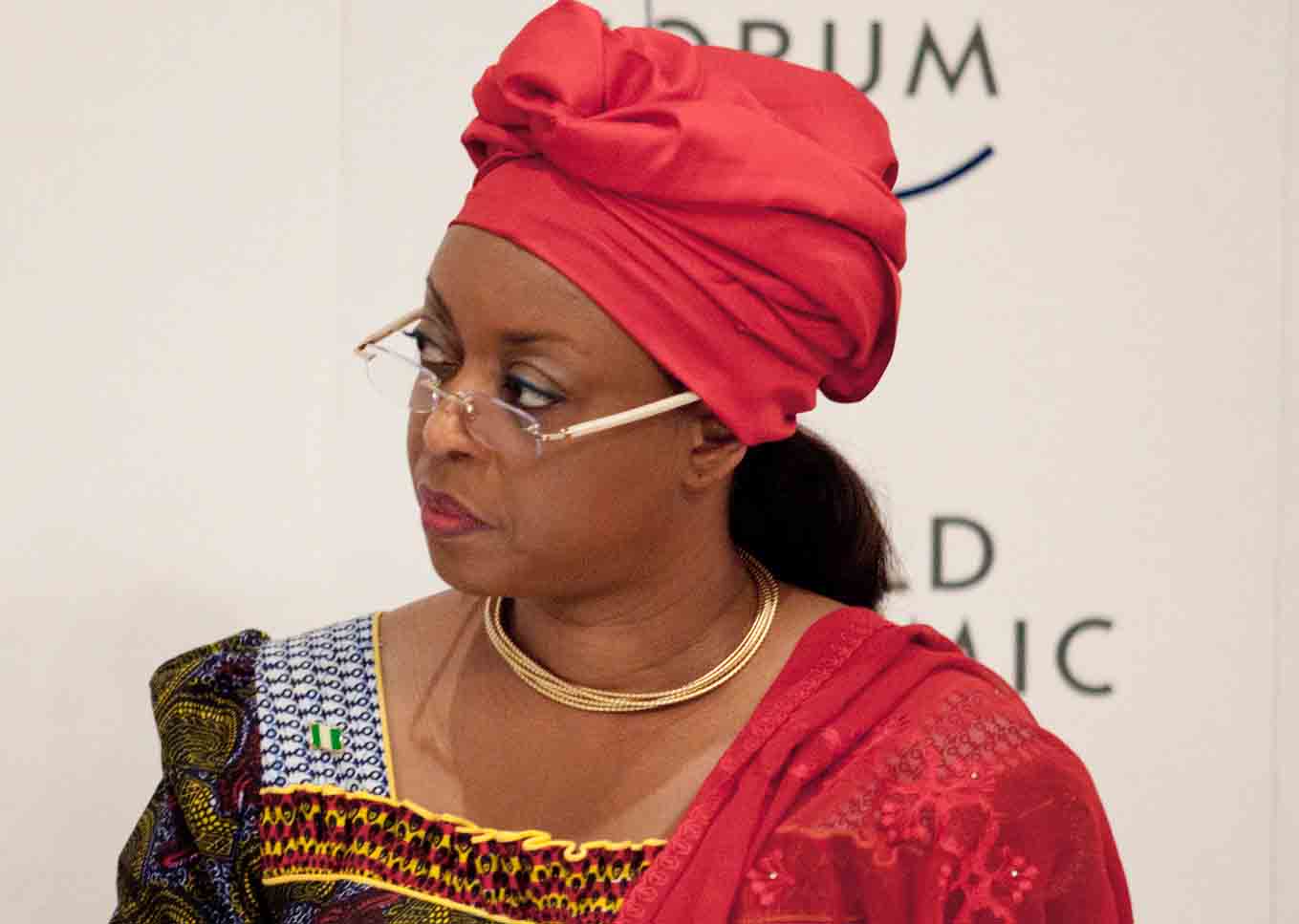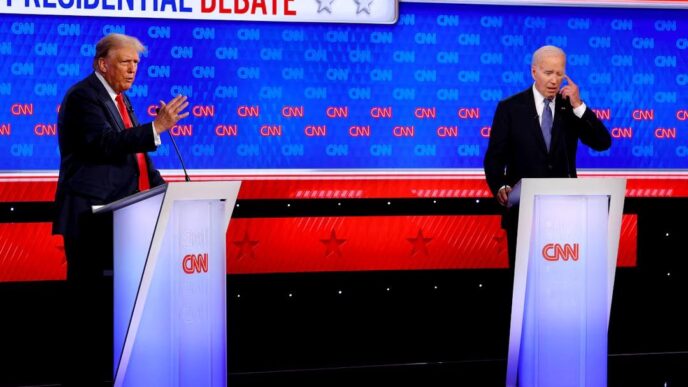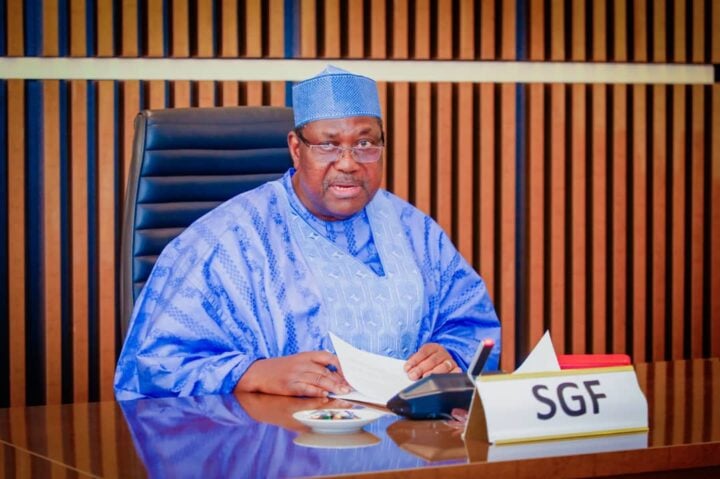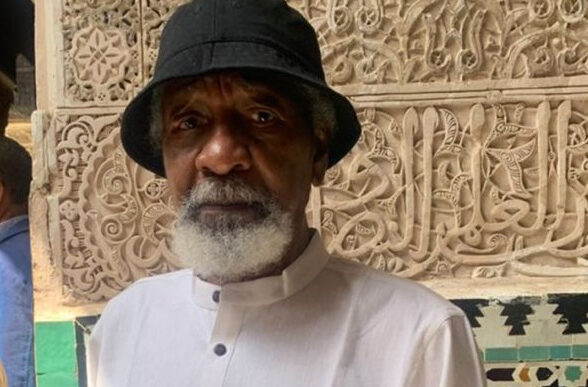In 2015, the Buhari administration assumed power in Nigeria amidst high expectations of change and reform. To buy time and deflect criticism, the administration launched a scapegoating campaign targeting the outgoing PDP administration, focusing on the former minister of petroleum resources, Diezani Alison-Madueke. This campaign, characterised by a mix of truths, half-truths, and utterly spurious stories, served to distract the public from the immediate challenges and inefficiencies of the new government for some time.
This strategy effectively diverted attention from the administration’s shortcomings for roughly three years. However, as time passed, the impact of this scapegoating waned, and Nigerians began to demand accountability from their new leaders. Under Buhari, the nation saw rampant corruption, deteriorating security, economic decline, and a lack of substantial reforms.
Fast forward to 2024, one year into the Tinubu presidency, which picked up smoothly from where the Buhari administration left off by hitting the ground, albeit like an enraged bull in a fine china shop, causing significant destruction and triggering severe criticism and unrest. So once again, the PR machinery that had previously laundered Buhari’s image during his first APC campaign was summoned and it is launching a documentary on Diezani almost a decade after she left office.
This renewed focus on a former minister, long out of the political arena, seems like a deliberate attempt to divert the public’s attention from today’s pressing issues and divert their angst to what is seen as a safer option.
Advertisement
The intent of this scapegoating campaign is twofold. First, it seeks to distract the public from the current administration’s failures and the growing unrest in the country. The promoters hope to buy time and avoid immediate scrutiny by resurrecting past controversies and presenting them as pressing issues. Second, it aims to rekindle old resentments and fears, diverting the public’s anger away from the present government and towards a familiar target.
But this is 2024, not 2017. Re-launching the Diezani Protocol as a political PR tactic is a perplexing choice, especially considering the timing. While this strategy might have had some traction in 2017, the political landscape and public sentiment have evolved considerably since then. In 2024, such a move appears outdated and disconnected from contemporary realities, highlighting a significant miscalculation in understanding the current media environment and voter priorities.
After the ministry she was in charge of 10 years ago was taken over by the president himself, the Nigerian petroleum sector has faced significant challenges. Despite the initial promise of reform and transparency under the Buhari administration, the sector has continued to struggle with corruption, inefficiency, and mismanagement. A much-touted fight against corruption in the petroleum industry yielded limited results, and the promised economic transformation did not materialise.
Advertisement
Instead, the sector has been plagued by a series of scandals, dwindling investments, and a historic decline in oil production. The persistent issues in the petroleum sector have had dire consequences for the Nigerian economy, which remains heavily dependent on oil revenues. Failure to diversify the economy, coupled with the mismanagement of the petroleum sector, has brought much more economic hardship for ordinary Nigerians.
High unemployment rates, skyrocketing inflation, and a staggering near-1000% drop in the naira’s value against the dollar have plunged the Nigerian economy into turmoil. This rapid devaluation has eroded purchasing power, made essential goods unaffordable, and crippled businesses reliant on imports.
As the Buhari administration’s tenure ended, many Nigerians who strangely believed things couldn’t get worse hoped that the Tinubu presidency would offer some improvement despite its imperfections. However, they soon discovered that what seemed like a mere pit was an abyss, plunging the nation into deeper turmoil.
Economic indicators have continued to decline, and the public’s frustration has grown more palpable. The Tinubu administration’s response has been to revive old tactics, such as the scapegoating of Diezani Alison-Madueke. However, Nigerians have become increasingly wary of such tactics. The public’s demand for accountability and tangible solutions to the country’s pressing problems cannot be ignored indefinitely.
Advertisement
Chude Jideonwo’s decision to release a documentary on Diezani Alison-Madueke is odd because he played a significant role in Muhammadu Buhari’s successful presidential campaign but wants to tend to the narrative surrounding Diezani Alison-Madueke while conspicuously sidestepping the significant damage caused under President Muhammadu Buhari’s administration.
Under Buhari’s tenure, Nigeria saw fuel prices skyrocket from ₦87 per litre in 2015 to ₦145 in 2016 and then to ₦162 in 2020. Under Tinubu, prices have surged further, reaching as high as ₦900 in some parts of the country. Despite these increases, subsidy payments continued to climb, with the government spending on subsidies reaching historic levels.
Additionally, Nigeria’s oil production plummeted from around 2.1 million barrels per day in 2015 to less than 1.4 million barrels per day in recent years. These trends reflect a worsening situation in the oil sector, yet Jideonwo’s documentary focuses primarily on Diezani, largely ignoring the failures and controversies of Buhari’s handling of the same sector.
The rise in terrorist and bandit activities has resulted in unprecedented levels of violence and displacement, with death tolls unseen since the Nigerian Civil War. This violence has contributed to Nigeria’s first modern national famine, exacerbated by attacks on farmers and travellers.
Advertisement
With all that being said, it’s important to remember that “the game is the game,” as the saying goes, particularly in the cutthroat arena of politics and statecraft. Here, hostile, misleading, or underhanded political PR tactics are unfortunately par for the course, and players must anticipate and adeptly counter such manoeuvres to navigate these challenges effectively.
Rather than simply reacting emotionally to negative narratives, Opposition parties, like the PDP, Labour Party, etc must be proactive in shaping the discourse on key issues, highlighting policy alternatives, and holding the ruling party accountable for its actions. This involves creating narratives that resonate with different demographics, addressing their specific concerns, and demonstrating a clear vision for governance that contrasts with the incumbent’s record.
Advertisement
A proactive approach involves more than sporadic tweets or reactive statements from a handful of uncoordinated supporters.
In today’s era of social media, where viewership blocs are fragmented across diverse platforms, effective political PR necessitates ownership or strategic partnerships within various segments of the media ecosystem.
Advertisement
This approach holds particular significance in Nigeria, a nation where most of the population is under 30. Engaging this demographic effectively requires a strong presence on platforms that cater to their varied interests and consumption habits.
Moreover, the youth demographic represents a pivotal constituency that political parties must actively court and engage. Consider the context: a 20-year-old Nigerian today was merely 10 when the PDP last held power in Abuja. For many in this demographic, the party’s history may be unfamiliar—akin to “a Pharaoh that doesn’t know Joseph.”.
Advertisement
To win their trust and support, the opposition must communicate in ways that resonate deeply and emotionally with the aspirations and concerns of young Nigerians.
Uzor is a financial analyst based in Lagos.
Views expressed by contributors are strictly personal and not of TheCable.











